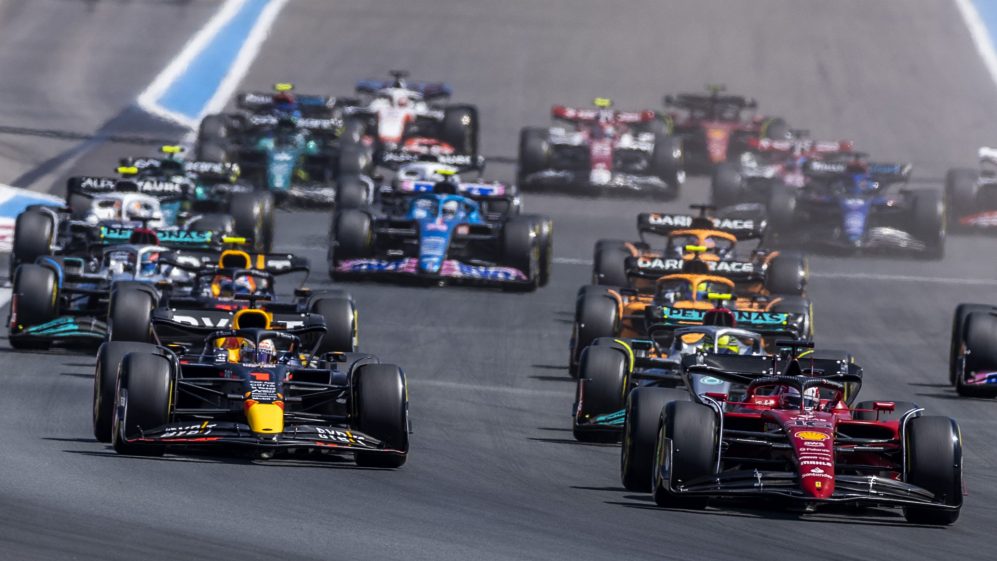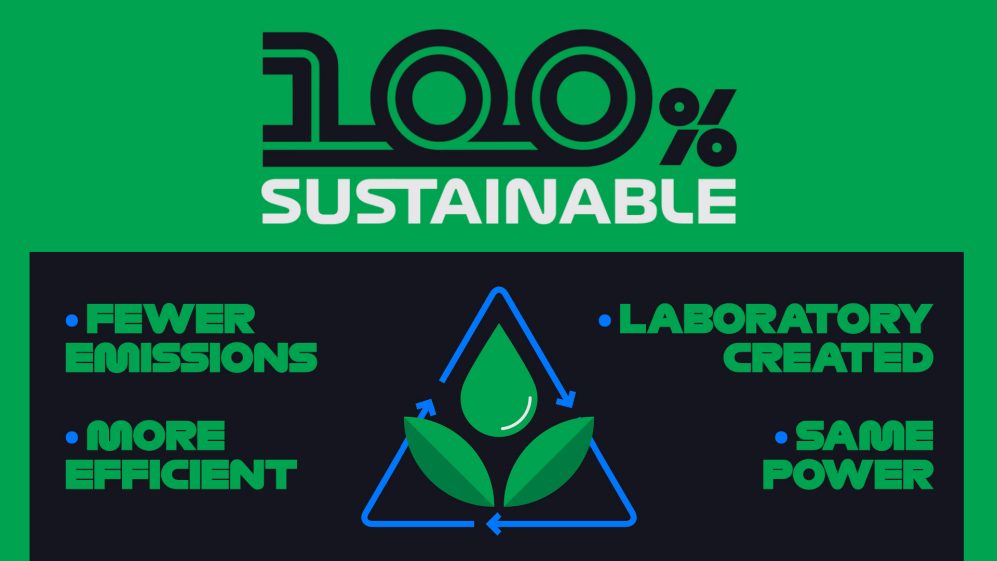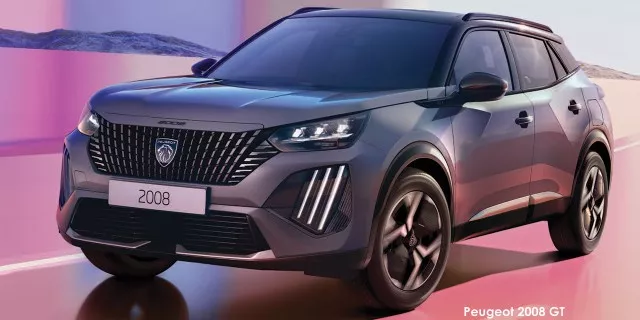
Fully sustainable fuels could be available for the majority of road-going passenger vehicles around the globe as early as 2026, thanks to Formula 1 (F1).
F1 plans to produce net carbon zero emissions by 2030 and in this pursuit it is currently developing a “100% sustainable fuel that can not only be used in F1 cars from 2026 but crucially, can be utilised by most road cars across the world,” the organisation recently announced.
While engines running on these fuels will still emit carbon dioxide (CO2), it will be the same amount as was used in developing the product, meaning they’re “not producing any CO2 that [was] not already in the atmosphere,” according to Pat Symonds, F1 chief technical officer.
2 billion cars on the road
F1 said that of the two billion passenger cars projected to be on the road around the globe by 2030, only 8% are expected to run on pure battery power.
Therefore, fully-sustainable “drop-in” fuels like what the conglomerate is currently working on will allow motorists to still buy, own, and drive their favourite internal combustion engine (ICE) vehicles for as long as they want without damaging the environment to the same degree when compared to traditional fuels.
“If we drop a fuel which has much less impact on the environment into those cars, it’s a positive change and we will be sending a strong message that that is a feasible way to go,” said F1 managing director for motorsports, Ross Brawn.
“All the oil companies that work in F1 are all committed to that. It will be a fantastic achievement and a fantastic message to the world that there are other solutions as well.”
How it’s made
To produce a fuel with enough energy density to power the world’s most impressive sports cars is an extremely difficult process that has not yet been entirely figured out.
The sustainable fuels will feature an “advanced component” that is derived in one of three ways:
- Municipal waste
- Carbon capturing
- Non-food biomass
Importantly, these methods all achieve greenhouse gas emissions savings of at least 65% when compared to fossil-derived petrol, but their development is still in the stages of infancy.
As such, a variety of fuels will initially be created on a small scale in a pilot plant to fine-tune these methods before they are suitable for mass production, said F1.
Why not electric
Brawn argues that F1 is not currently pursuing electric drivetrains as internal combustion engines are capable of producing far more power on a smaller scale.
Additionally, an analysis conducted by the Institute of Mechanical Engineers concluded that an ICE vehicle running on fully-sustainable fuels, in reality, produces less overall emissions over the course of its life on the road when all the manufacturing costs are factored in.
Including the mining of raw materials and eventual disposal of the large battery packs, fully-electric cars emit an average of 58g of CO2 per kilometre over their entire lifespan, according to the Institute, versus the 45g/km for an ICE vehicle using fully-sustainable petrol.










